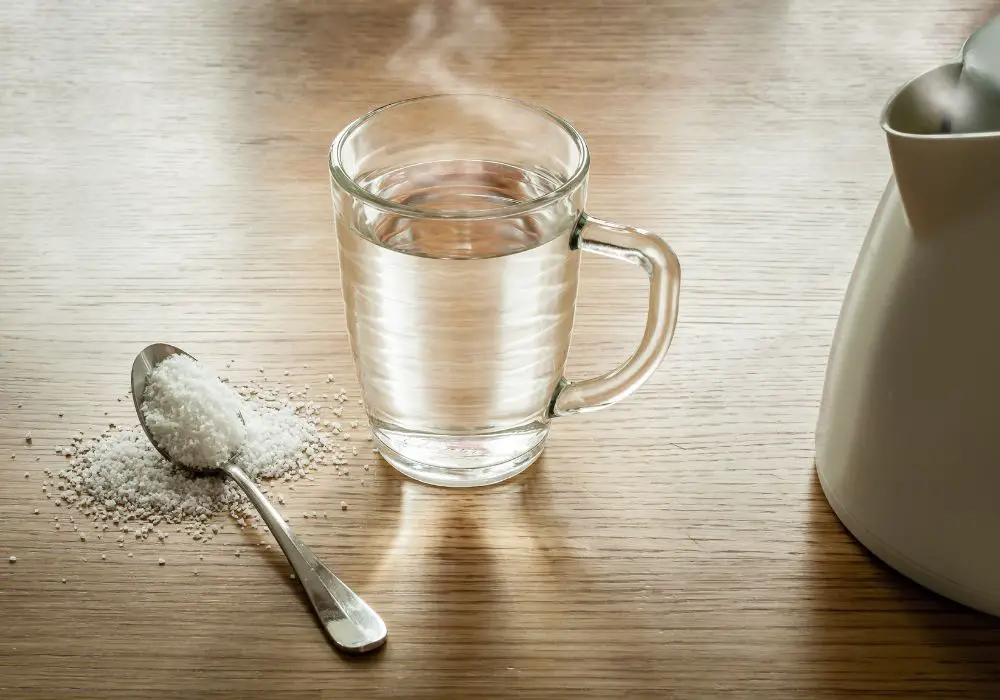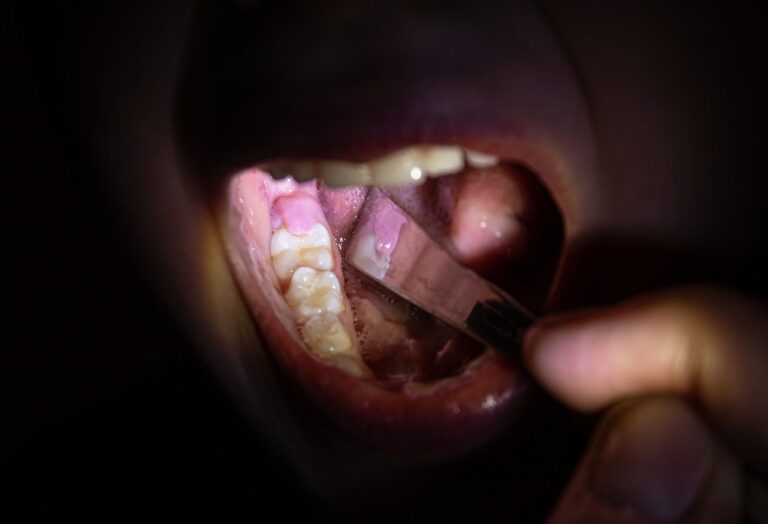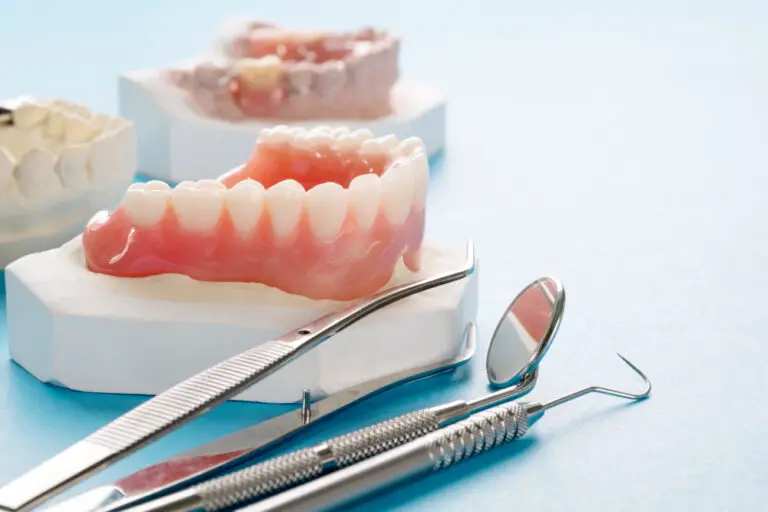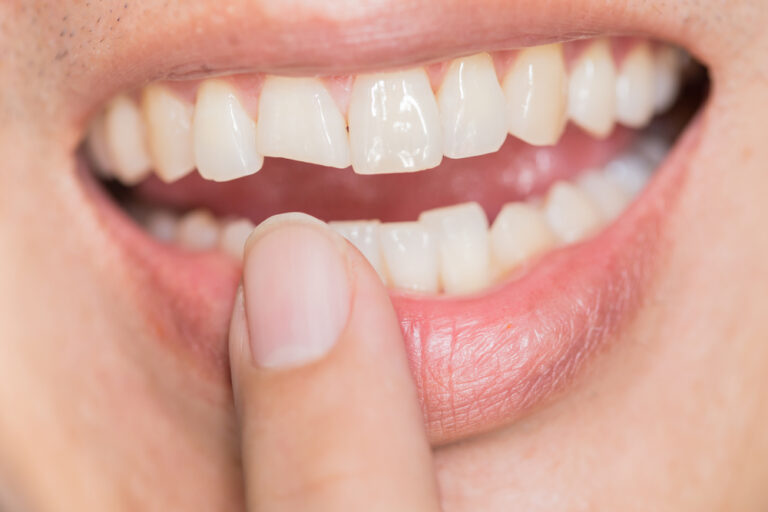If you’re looking for a natural way to strengthen your teeth, you may have heard that salt water can do the trick. While it may seem strange to swish salt water around in your mouth, there is some evidence to suggest that it could be beneficial for your dental health.
Salt water has been used for centuries as a natural remedy for various health issues, including dental problems. Some people believe that the minerals in salt water can help to remineralize teeth, which means that they can help to strengthen the enamel and prevent tooth decay. Additionally, salt water can help to kill harmful bacteria in the mouth, which can also contribute to better oral health.
However, it’s important to note that salt water is not a substitute for regular brushing, flossing, and visits to the dentist. While it may have some benefits for your teeth, it’s still important to maintain good oral hygiene practices in order to keep your teeth and gums healthy. If you’re interested in trying salt water as a natural remedy for your dental health, be sure to talk to your dentist first to make sure that it’s safe for you to do so.
Understanding Salt Water

Salt water is a simple and effective solution for improving your oral health. It is a mixture of salt and warm water that can help fight germs in your mouth, treat canker sores, and alleviate toothaches. But can salt water make your teeth stronger?
Salt water can help remineralize your teeth by providing essential minerals like calcium and phosphate. These minerals help to strengthen and repair tooth enamel, which can prevent tooth decay and cavities. Salt water can also help to neutralize harmful acids in your mouth, which can erode your tooth enamel over time.
Using salt water as a mouthwash can also help to promote healthy saliva production. Saliva is important for maintaining a healthy pH balance in your mouth, which helps to prevent tooth decay and gum disease. Saliva also contains important minerals that can help to strengthen your tooth enamel and protect your teeth from damage.
To use salt water as a mouthwash, simply mix a half-teaspoon of salt into a glass of warm water and swish it around in your mouth for 30 seconds to a minute. Spit it out and rinse your mouth with plain water. You can do this once or twice a day, depending on your needs.
While salt water can be a helpful addition to your oral hygiene routine, it is important to remember that it is not a substitute for regular brushing and flossing. Good daily hygiene practices and regular dental appointments are essential for maintaining healthy teeth and gums.
The Science Behind Salt Water and Teeth Strength
Salt water rinses have been used for centuries as a natural remedy for various oral health issues. But can salt water make your teeth stronger? Let’s take a closer look at the science behind salt water and teeth strength.
Salt water rinses have anti-bacterial and healing properties that make them perfect for sore throats, sores, healing gum tissues, and more. Salt temporarily increases the pH level of the mouth, creating an alkaline environment. Since bacteria prefer an acidic environment, they find this type of environment difficult to survive in.
When it comes to teeth strength, salt water can help in two ways. First, it can help kill bacteria that cause cavities and gum disease. By reducing the number of harmful bacteria in your mouth, you can prevent tooth decay and keep your gums healthy. Second, salt water can help remineralize your teeth by providing them with essential minerals such as calcium, phosphate, and fluoride.
Remineralization is the process of repairing and strengthening tooth enamel that has been damaged by acid erosion. When you eat or drink acidic foods and beverages, the acid can soften and weaken your tooth enamel, making it more susceptible to decay. However, if you expose your teeth to minerals such as calcium, phosphate, and fluoride, they can absorb these minerals and use them to rebuild and strengthen the enamel.
Salt water contains these essential minerals, which can help remineralize your teeth and make them stronger. However, it’s important to note that salt water alone is not enough to prevent tooth decay or strengthen your teeth. You still need to practice good oral hygiene habits such as brushing twice a day, flossing daily, and visiting your dentist regularly.
In conclusion, salt water can help strengthen your teeth by killing harmful bacteria and providing essential minerals for remineralization. However, it’s not a substitute for good oral hygiene practices. By combining salt water rinses with proper brushing, flossing, and dental visits, you can keep your teeth healthy and strong for years to come.
How Salt Water Can Make Teeth Stronger

Salt water has been used for centuries as a natural remedy for various ailments, including dental problems. In fact, rinsing your mouth with salt water can help make your teeth stronger and healthier. Here are some ways salt water can benefit your teeth:
Natural Disinfectant
Salt water is a natural disinfectant that can help kill harmful bacteria in your mouth. These bacteria can cause plaque buildup, which can lead to tooth decay and gum disease. Salt water can help reduce the number of bacteria in your mouth, making it a great addition to your oral hygiene routine.
Promotes Healing
Salt water can also promote healing in your mouth. If you have a sore or inflamed gum, rinsing your mouth with salt water can help reduce the inflammation and promote healing. This is because salt water can help increase blood flow to the affected area, which can speed up the healing process.
Prevents Tooth Decay
Salt water can also help prevent tooth decay. When you rinse your mouth with salt water, the salt helps neutralize the acids in your mouth that can erode your tooth enamel. This can help prevent cavities and other dental problems.
To use salt water to make your teeth stronger, simply mix 1/2 teaspoon of salt with 8 ounces of warm water. Swish the solution around in your mouth for 30 seconds, then spit it out. You can do this once or twice a day, as part of your regular oral hygiene routine.
Overall, salt water can be a great way to naturally strengthen your teeth and promote good oral health. Just be sure to use it in moderation and as part of a comprehensive oral hygiene routine that includes brushing, flossing, and regular dental checkups.
How to Use Salt Water for Teeth Strength
Salt water can be a simple and effective way to help strengthen your teeth. Here are some steps to follow when using a salt water rinse:
Making a Salt Water Rinse
To make a salt water rinse, simply dissolve half a teaspoon of salt in a cup of warm water. You can use sea salt or table salt, but make sure it is fully dissolved before using.
Recommended Usage
Once you have made your salt water rinse, swish it around your mouth for 30 seconds to a minute, making sure to reach all areas of your mouth. Spit the rinse out and rinse your mouth with plain water.
You can use a salt water rinse up to three times a week to help strengthen your teeth. However, it is important to note that salt water rinses should not replace regular brushing and flossing, as they are essential for maintaining good oral health.
In addition to using a salt water rinse, it is important to maintain a healthy diet and visit your dentist regularly for check-ups and cleanings. By following these simple steps, you can help keep your teeth strong and healthy.
Potential Risks and Precautions
Overuse of Salt Water
While salt water rinses can be beneficial for oral health, overuse can have negative effects. Using salt water rinses too frequently or for too long can lead to dry mouth, which can increase the risk of tooth decay and gum disease. In addition, overuse of salt water rinses can cause irritation and damage to the soft tissues in the mouth.
It is important to use salt water rinses in moderation and only as directed by a dental professional. If you experience any discomfort or irritation while using a salt water rinse, it is important to discontinue use and consult with your dentist.
Possible Side Effects
While salt water rinses are generally safe, there are some potential side effects to be aware of. These may include:
- Dry mouth
- Irritation or damage to the soft tissues in the mouth
- Increased risk of tooth decay and gum disease with overuse
If you experience any of these side effects, it is important to discontinue use of the salt water rinse and consult with your dentist.
In addition, it is important to note that salt water rinses should not be used as a substitute for regular dental care. Good oral hygiene practices, including regular brushing and flossing, as well as routine dental check-ups, are essential for maintaining healthy teeth and gums.
Overall, salt water rinses can be a beneficial addition to your oral hygiene routine when used in moderation and as directed by a dental professional. By following proper precautions and using salt water rinses as part of a comprehensive oral care plan, you can help keep your teeth and gums healthy and strong.
Expert Opinions and Studies

Dental Experts’ Views
According to dental experts, salt water can be beneficial for oral health. Salt water can help to neutralize the pH levels in the mouth, which can help to prevent the growth of harmful bacteria that can lead to tooth decay and gum disease. Additionally, salt water can help to reduce inflammation and promote healing in the mouth, which can be helpful for individuals with oral sores or injuries.
However, it is important to note that salt water should not be used as a substitute for regular dental care, such as brushing and flossing. While salt water can be a helpful addition to your oral hygiene routine, it is not a replacement for proper dental care.
Relevant Scientific Studies
Several scientific studies have explored the potential benefits of salt water for oral health. For example, a study published in the Journal of Indian Society of Pedodontics and Preventive Dentistry found that rinsing with salt water can help to reduce plaque and gingivitis in children. Another study published in the Journal of International Society of Preventive and Community Dentistry found that salt water can be effective in reducing inflammation and promoting healing in individuals with oral ulcers.
While these studies suggest that salt water can be beneficial for oral health, more research is needed to fully understand the potential benefits and risks of using salt water for oral hygiene. As always, it is important to talk to your dentist or healthcare provider before making any changes to your oral hygiene routine.
Frequently Asked Questions
How often should you rinse with salt water for sore gums?
It is recommended that you rinse with salt water for sore gums 2-3 times a day. However, it is important to note that if your symptoms persist, it is best to consult a dentist.
Can I brush my teeth after salt water rinse?
Yes, you can brush your teeth after a salt water rinse. In fact, it is recommended that you brush your teeth twice a day, in addition to using a salt water rinse.
How to make salt water rinse?
To make a salt water rinse, mix 1/2 to 3/4 teaspoon of salt with 8 ounces of warm water. Stir until the salt is dissolved.
What are the benefits of using salt water rinse?
Salt water rinse can help reduce inflammation, promote healing, and prevent infections. It is also a natural way to freshen your breath.
Is salt water good for bad teeth?
Salt water can be beneficial for bad teeth as it can help reduce inflammation and prevent infections. However, it is important to note that salt water rinse should not be used as a substitute for professional dental care.
Can salt water damage teeth?
Salt water rinse is generally safe for your teeth and gums. However, if used excessively or with too much salt, it can cause damage to your tooth enamel. It is important to follow the recommended ratio of salt to water and not to overuse the rinse.






